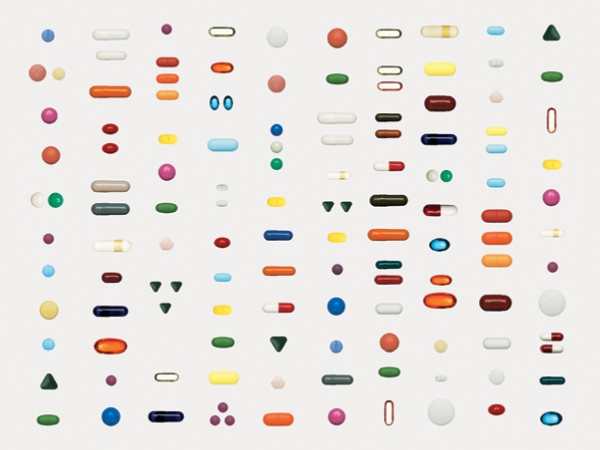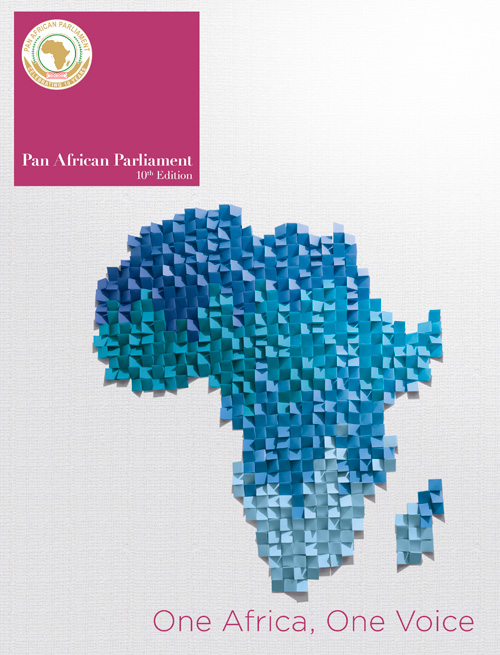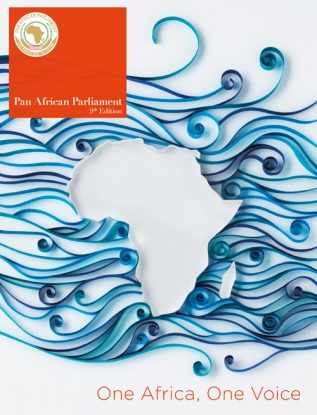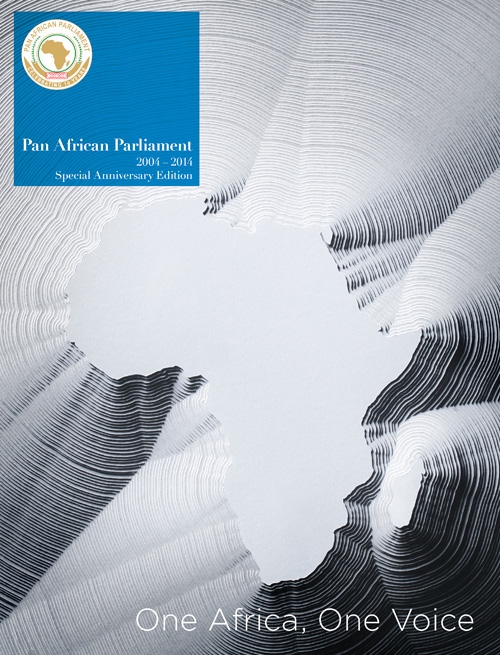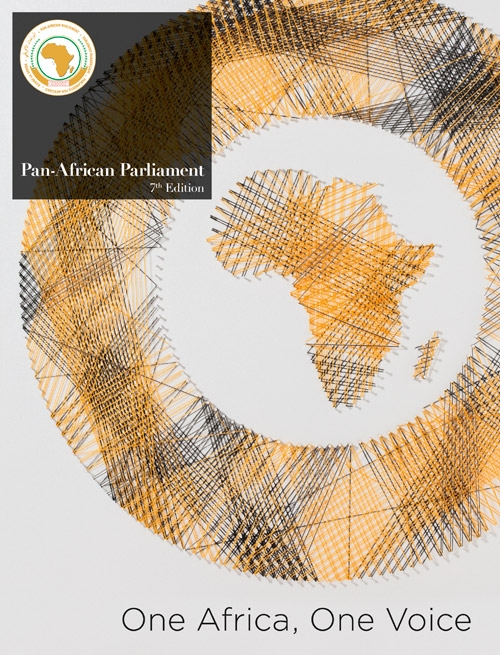
2009–2010 SESSION
From December 2009–October 2010, the Committee had a busy schedule in executing its mandate, which included:
- 1–2 December 2009: representatives were sent to the First African Decent Work Symposium in Ouagadougou, Burkina Faso. The outcome of the symposium was a roadmap for the implementation of the Global Jobs Pact in Africa, which outlined the strategies the continent needs to adopt to stimulate and sustain recovery in employment in the face of the global crisis.
- 22–23 January 2010: a joint meeting between the Bureau of this Committee; the Bureau of the Committee on Gender, Family, Youth and People with Disability and the International Planned Parenthood Federation. At the end of the meeting, areas were defined between the institutions to strengthen co-operation as well as support the PAP’s participation at regional and international forums.
- 9–12 February 2010: the Bureau of the Committee participated in the 4th Africa Conference on Sexual Health and Rights in Addis Ababa, Ethiopia. At the end of the conference the delegates adopted the draft youth initiative declaration and the call to action, which upholds the sexual rights and health rights of youths in Africa.
This was a platform to accelerate the enhancement of women’s empowerment
- 1–12 March 2010: the Chairperson attended the UN’s 54th Session of the Commission on the Status of Women, held in New York, in the US. This was a platform to accelerate the enhancement of women’s empowerment and for the PAP to present its positions on the issues of gender and health.
- 24–26 March 2010: the Committee was represented at the regional workshop, which focused on the implementation of the Ouagadougou Action Plan to Combat Trafficking in Human Beings, Especially Women and Children, held in Abuja, Nigeria. Recommendations made at the end of the workshop included support for the collection and dissemination of human trafficking data as well as developing capacity in order to combat human trafficking.
- 29 September–2 October 2010: the Committee was represented at the 4th Session of the AU Conference of Ministers for Drug Control and Crime Prevention, held in Addis Ababa, Ethiopia. The outcomes of the conference included strengthening the Continental Early Warning System and empowering the criminal justice systems in Member States.
- 1–2 October 2010: the Committee participated in the Special Meeting of Chairs of RECs and National Parliaments with the PAP Committees on Gender, Family, Youth and People with Disability as well as Monetary and Financial Affairs. The meeting focused on budget support for the July 2010 AU Summit on the Outcomes on Maternal, Newborn and Child Health, held in Johannesburg, South Africa. A plan of action was formulated, focussing on sustainable financing and a call to the Global Fund to provide aid for the fight against HIV/AIDS, malaria and TB. Further focus was placed on improving the health of women and children.
The Committee held statutory sittings on 4 March, 2–3 August and 7 October 2010.
2012 DRAFT REPORT
In June 2012 the Committee attended an AIDS Watch Africa (AWA) Consultative Experts Committee meeting.
As the Millennium Development Goals target year approached, AIDS Watch Africa (AWA) was revitalised as an advocacy, mobilisation and accountability platform to combat HIV/AIDS, malaria and TB.
The AWA meeting from 21–22 June 2012 was organised to develop strategies and action plans for AWA 2012–2015 and to review as well as revise the draft roadmap on shared responsibility for HIV/AIDS, TB and malaria response.
The culmination of the meeting was the detailing of the Roadmap on Shared Responsibility and Global Solidarity for AIDS/HIV, TB and Malaria Response in Africa 2012-2015. The roadmap was built on three pillars.
Pillar One: ensure that countries conduct a strategic and orderly transition to more diversified, balanced as well as sustainable financing models for AIDS, TB and malaria responses.
The results that were hoped for included reaching investment targets by 2015, diversifying financing sources and attaining financial stability through differentiated responsibilities.
Pillar Two: accelerate access to affordable and quality-assured medicines and health-related commodities as enshrined in the Pharmaceutical Manufacturing Plan for Africa.
The hoped-for results included enhanced medicine security and that medicine trade would be supported at global, continental and regional levels.
In order to achieve these results, AWA would need to promote and facilitate investment in leading medicine hub manufacturers (initially focusing on HIV/AIDS, TB and malaria medication). It would also need to lay the foundations of a single African pharmaceutical regulatory agency.
The hoped-for results included enhanced medicine security
Pillar Three: enhance leadership, governance and oversight to implement African solutions for AIDS, TB and malaria in a sustainable manner with emphasis on results, transparency and equity.
The results that were hoped for included ensuring that any investment in HIV/AIDS, TB and malaria programmes would focus on the most affected populations and that Member States would show strong leadership and ownership for the results.
In order to achieve the above, various bodies and agencies were tasked with a range of responsibilities, for example:
- The AU Commission: responsible for monitoring, co-ordinating and reporting on the delivery of this roadmap’s results.
- NEPAD: to facilitate the implementation of the roadmap’s priority actions.
- UNAIDS, WHO and other UN partners: to provide technical support and strategic advocacy for the implementation of the roadmap.
- Member States: overall responsibility for implementing priority actions at national as well as at district levels.
- The PAP was satisfied with the establishment of this platform and, in order to facilitate the realisation of the objectives of the AWA and its roadmap, the PAP’s recommendations included:
- The AWA draft report on its future direction be approved for consideration by the AWA Action Committee of Heads of State and Government.
- The AWA Secretariat budgets should be included in the normal AU budget.
- National campaigns on prevention, treatment and support must be revitalised and accountability needs to be promoted.
- AWA members should support the media and civil society organisations at national level, to ensure accurate and specific messages and health services reach communities.
Finally, as the AWA had been integrated into the AU organs, it is proposed that the AU Commission in charge of social affairs should present to the PAP plenary on the health situation, with special reference to AWA, in order to raise the advocacy platform’s profile.


